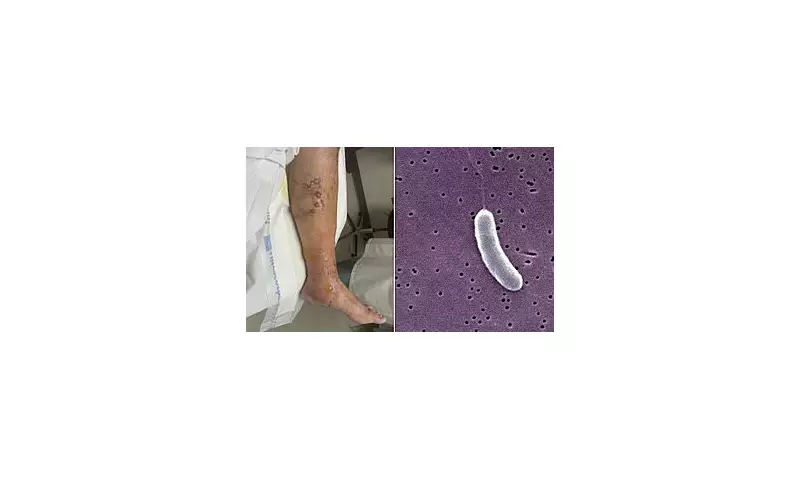
Health officials in Louisiana have sounded the alarm after confirming the presence of a deadly, flesh-eating bacteria in the state's coastal waters, which has already been linked to a series of severe infections and five tragic fatalities this year.
The Louisiana Department of Health has reported a significant spike in cases caused by Vibrio vulnificus, a dangerous bacterium that thrives in warm seawater. The current outbreak has seen 26 confirmed infections across the state, marking a deeply concerning public health emergency.
How the Infection Spreads
The bacteria poses a dual threat to the public. It can be contracted in two primary ways:
- Consuming raw or undercooked seafood: Particularly shellfish like oysters, which filter the bacterium from the water.
- Exposing open wounds to seawater: Even the smallest cut or scrape can provide an entry point for the pathogen.
A Rapid and Devastating Illness
For those who become infected, the consequences can be swift and severe. Vibrio vulnificus can cause a life-threatening illness called necrotizing fasciitis, which destroys the flesh surrounding a wound.
Initial symptoms often include:
- Fever and chills
- Swelling, redness, and intense pain around a wound
- Flu-like symptoms
- Nausea and vomiting
Warning: The infection can escalate rapidly, leading to septic shock, severe skin lesions, and limb amputation within a very short timeframe. Immediate medical attention is critical for anyone suspecting an exposure.
Who is Most at Risk?
While anyone can be infected, health experts emphasise that individuals with compromised immune systems face the greatest danger. This includes:
- People with liver disease, diabetes, or cancer
- Those taking immunosuppressant drugs
- Individuals with underlying health conditions such as thalassemia or HIV
The mortality rate for bloodstream infections caused by this bacterium is alarmingly high, underscoring the critical importance of prevention.
Staying Safe: Official Advice
In response to the outbreak, officials have issued clear guidance for residents and visitors:
- Avoid consuming raw or undercooked oysters and other shellfish.
- If you have any wounds, scrapes, or recent surgeries, stay out of warm seawater.
- Cover any cuts with waterproof plasters if there is any chance of contact with seawater or raw seafood.
- Wash hands thoroughly with soap after handling raw shellfish.
- Cook shellfish thoroughly to destroy harmful bacteria.
The department urges anyone experiencing symptoms after water exposure or eating seafood to seek medical care immediately and inform their healthcare provider of the potential exposure.





